The Rise Of Natural And Organic Makeup: A Guide To Nourishing Beauty
The Rise of Natural and Organic Makeup: A Guide to Nourishing Beauty
Related Articles: The Rise of Natural and Organic Makeup: A Guide to Nourishing Beauty
Introduction
With great pleasure, we will explore the intriguing topic related to The Rise of Natural and Organic Makeup: A Guide to Nourishing Beauty. Let’s weave interesting information and offer fresh perspectives to the readers.
Table of Content
The Rise of Natural and Organic Makeup: A Guide to Nourishing Beauty

The beauty industry is undergoing a significant shift, with consumers increasingly seeking products that are not only effective but also gentle on their skin and the environment. This has led to a surge in popularity for natural and organic makeup, which utilizes ingredients derived from plants, minerals, and other natural sources.
Understanding Natural and Organic Makeup
The terms "natural" and "organic" are often used interchangeably in the beauty industry, but there are distinctions to be made.
- Natural makeup refers to products that are primarily composed of ingredients derived from natural sources. These ingredients may include plant extracts, essential oils, minerals, and botanicals.
- Organic makeup takes this a step further, adhering to specific standards regarding the cultivation and processing of its ingredients. Organic certification typically requires that ingredients are grown without the use of synthetic pesticides, herbicides, or fertilizers.
While not all natural makeup is organic, organic makeup is always considered natural.
Benefits of Choosing Natural and Organic Makeup
The shift towards natural and organic makeup is driven by a growing awareness of the potential risks associated with synthetic chemicals found in conventional cosmetics. These chemicals can be absorbed through the skin and may contribute to various skin concerns, including irritation, breakouts, and even hormonal disruptions.
Here are some key benefits of choosing natural and organic makeup:
- Gentler on the skin: Natural and organic ingredients are generally less likely to cause irritation or allergic reactions, making them suitable for even sensitive skin.
- Improved skin health: Many natural ingredients possess nourishing and restorative properties that can benefit skin health. For example, aloe vera soothes and hydrates, while green tea provides antioxidant protection.
- Reduced environmental impact: Organic farming practices promote biodiversity and soil health, while natural ingredients often require less processing, minimizing the use of harsh chemicals and reducing environmental pollution.
- Ethical sourcing: Many natural and organic makeup brands prioritize ethical sourcing practices, ensuring fair wages and safe working conditions for their suppliers.
- Sustainable packaging: Many brands are also committed to sustainable packaging practices, using recycled materials and reducing their carbon footprint.
Key Ingredients in Natural and Organic Makeup
Natural and organic makeup products utilize a wide range of ingredients, each with unique properties. Here are some common examples:
- Plant extracts: Aloe vera, chamomile, green tea, calendula, and lavender are just a few examples of plant extracts used in natural and organic makeup. These extracts offer various benefits, including soothing, hydrating, and antioxidant properties.
- Essential oils: Essential oils like rose, lavender, and tea tree are known for their therapeutic benefits and can be used to impart fragrance and enhance the effectiveness of makeup products.
- Minerals: Minerals like mica, iron oxide, and titanium dioxide are commonly used for pigmentation and sun protection.
- Botanical butters and oils: Shea butter, coconut oil, and jojoba oil are rich in nutrients and provide moisturizing and nourishing benefits.
Choosing Natural and Organic Makeup
With the increasing popularity of natural and organic makeup, the market is now flooded with options. Here are some tips for choosing products that align with your values and needs:
- Read labels carefully: Pay attention to ingredient lists and look for products with a high percentage of natural and organic ingredients.
- Seek certifications: Look for certifications like USDA Organic, COSMOS Organic, and Ecocert, which ensure that products meet specific standards for organic ingredients and sustainable practices.
- Research brands: Choose brands that are transparent about their sourcing practices, ingredient lists, and environmental impact.
- Consider your skin type and concerns: Choose products that are specifically formulated for your skin type and address your individual concerns.
- Start with a few products: You don’t have to switch your entire makeup routine overnight. Start with a few key products like foundation, concealer, or mascara, and gradually expand your collection as you find products you love.
Frequently Asked Questions
1. Is natural and organic makeup truly effective?
Natural and organic makeup can be just as effective as conventional makeup, if not more so. Many natural ingredients offer excellent coverage, pigmentation, and longevity. It’s important to choose products that are formulated for your specific needs and preferences.
2. Is natural and organic makeup safe for sensitive skin?
Natural and organic makeup is generally considered safe for sensitive skin. However, it’s always advisable to perform a patch test before applying any new product to your entire face. This helps identify potential allergies or sensitivities.
3. Is natural and organic makeup more expensive?
Natural and organic makeup can be more expensive than conventional makeup, but this is not always the case. Many brands offer affordable options, and the higher price often reflects the use of higher quality, ethically sourced ingredients and sustainable practices.
4. How do I know if a product is truly natural or organic?
Look for certifications from reputable organizations like USDA Organic, COSMOS Organic, and Ecocert. These certifications ensure that products meet specific standards for organic ingredients and sustainable practices.
5. What are some natural and organic makeup brands to try?
There are many excellent natural and organic makeup brands available. Some popular options include:
- ILIA Beauty
- RMS Beauty
- Kjaer Weis
- Tata Harper
- 100% Pure
- W3ll People
- Juice Beauty
- Ere Perez
Conclusion
Choosing natural and organic makeup is a conscious decision that aligns with a growing movement towards conscious beauty. By prioritizing natural ingredients, ethical sourcing, and sustainable practices, you can enjoy the benefits of effective makeup while minimizing your impact on the environment and your skin. As the demand for natural and organic beauty products continues to rise, the market is likely to see even more innovative and high-quality options emerge, making it easier than ever to embrace a more sustainable and mindful approach to beauty.


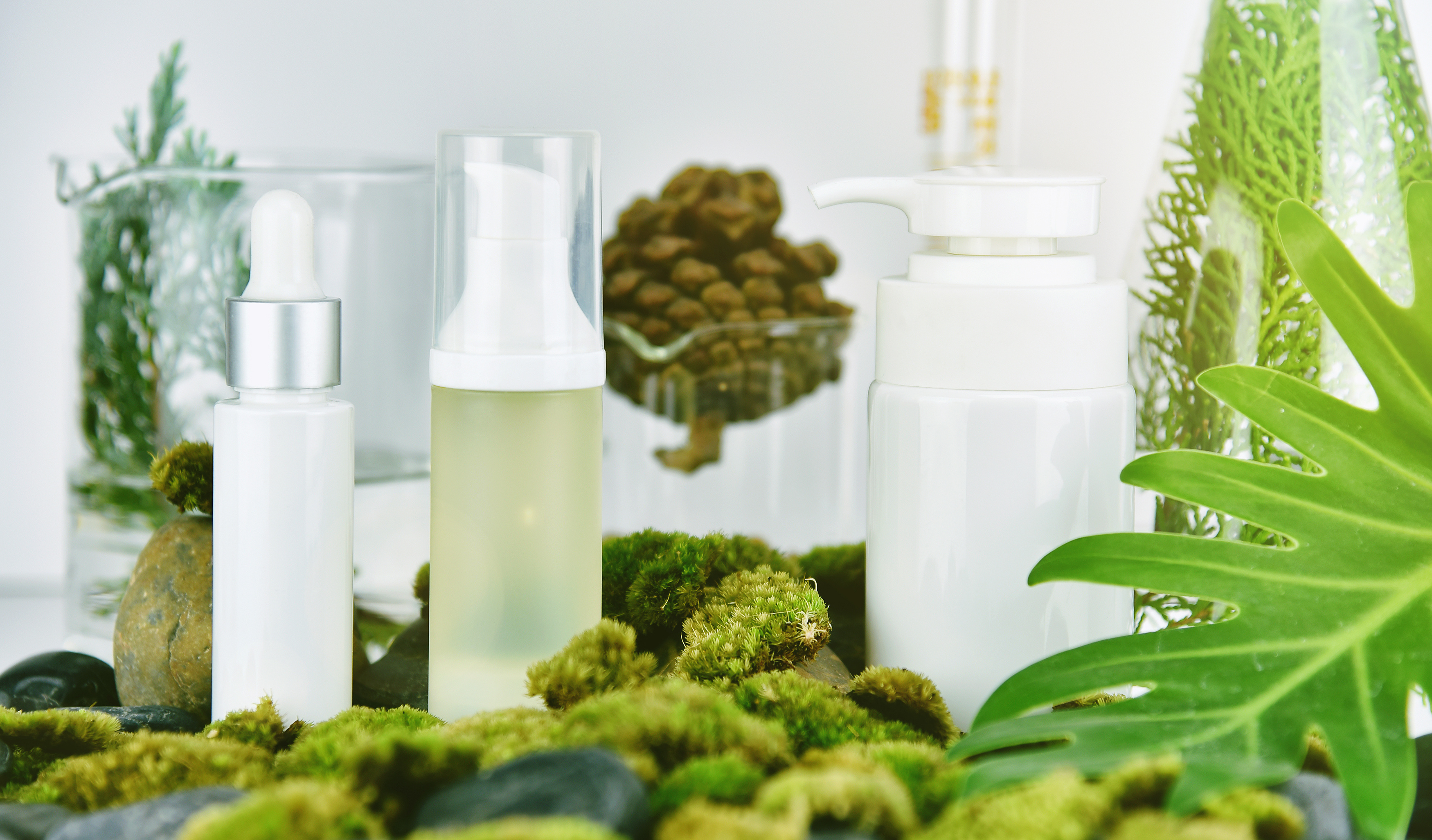
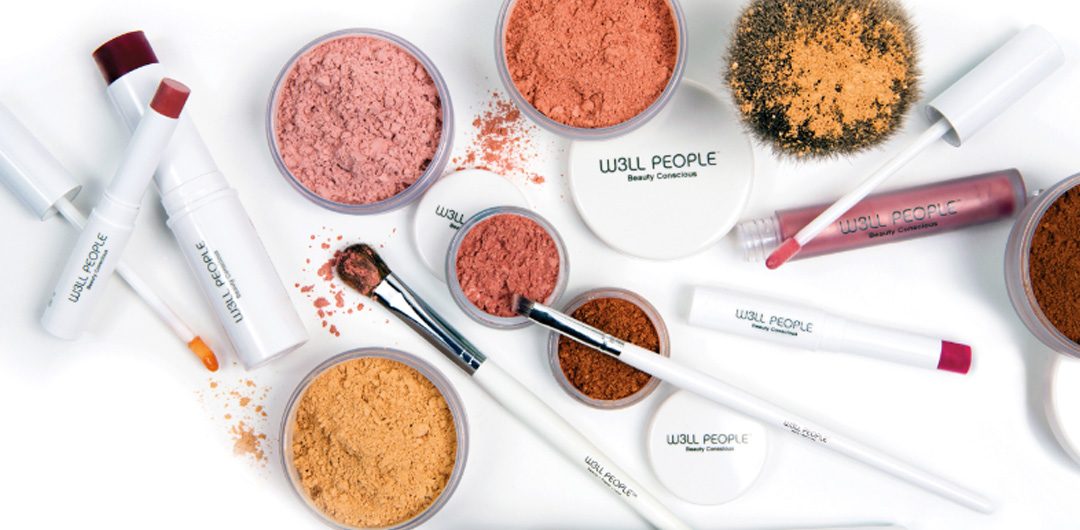
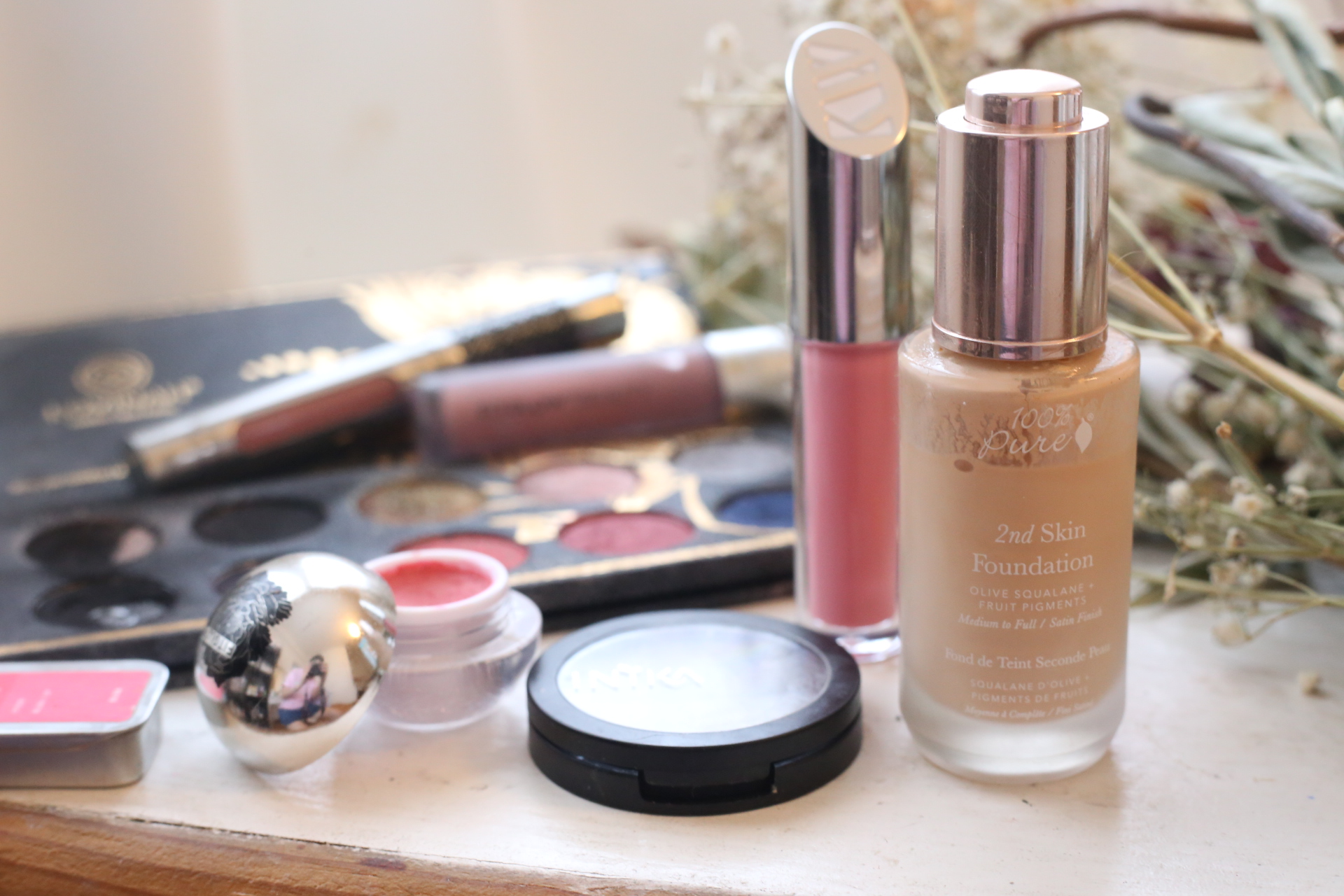
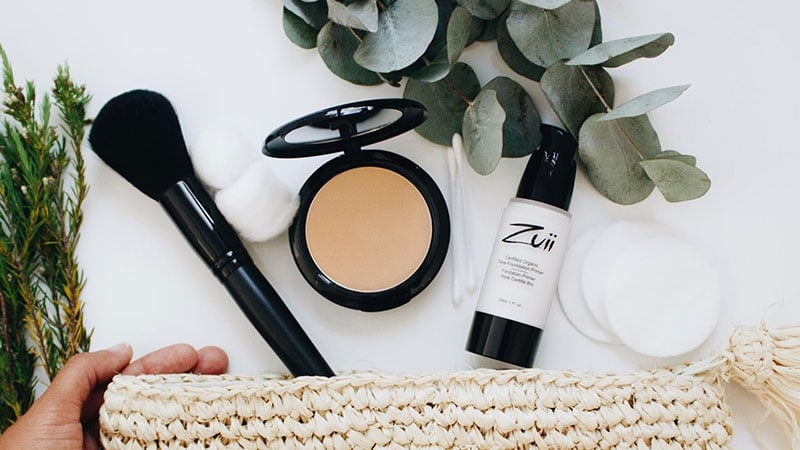
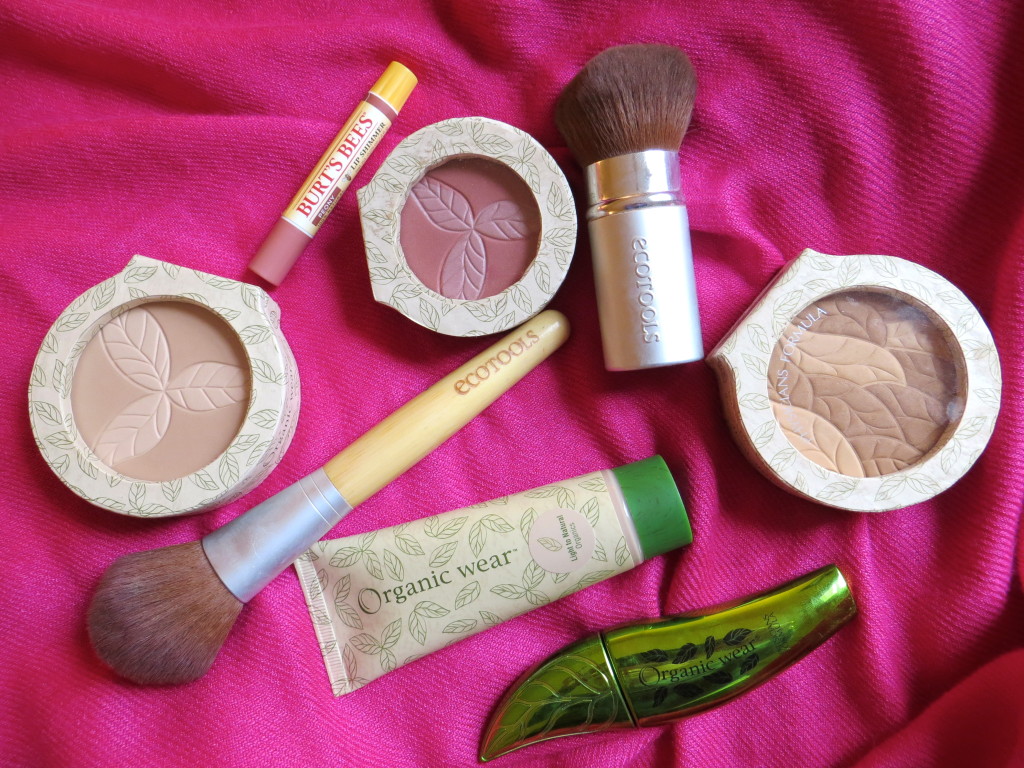

Closure
Thus, we hope this article has provided valuable insights into The Rise of Natural and Organic Makeup: A Guide to Nourishing Beauty. We appreciate your attention to our article. See you in our next article!
You may also like
Recent Posts
- The Art Of Persuasion: A Comprehensive Guide To Makeup Product Label Design
- A Comprehensive Look At Mary Kay Cosmetics: Reviews, Insights, And Considerations
- Affordable Skin Care: A Guide To Effective Products Under INR 100
- Navigating The World Of Mary Kay Discounted Products: A Comprehensive Guide
- The Power Of High-Resolution Images: A Guide To Acquiring The Best Visuals For Your Projects
- The Power Of Reviews: Navigating The World Of Makeup Products
- Swiss Beauty Makeup: A Comprehensive Guide To Quality And Affordability
- Embracing Natural Beauty: Makeup Tips And Techniques For Women Over 50
Leave a Reply